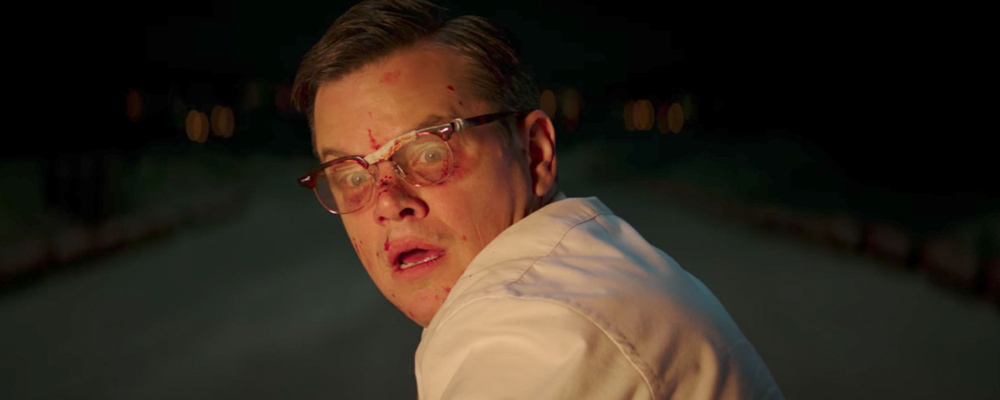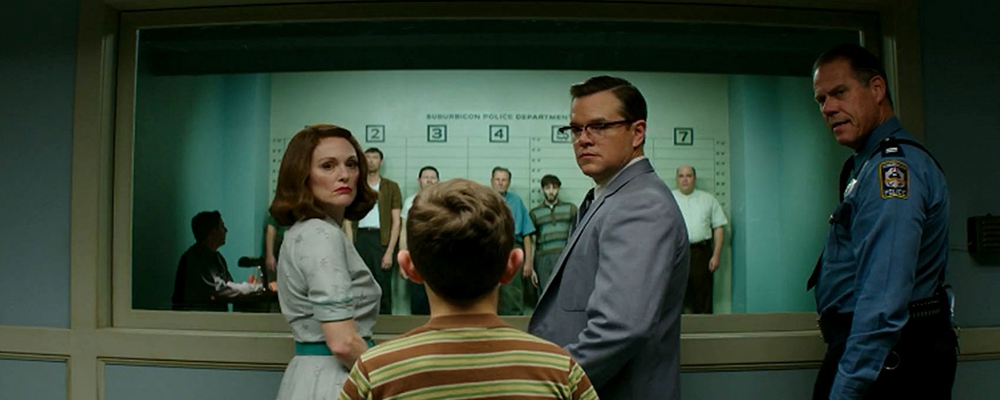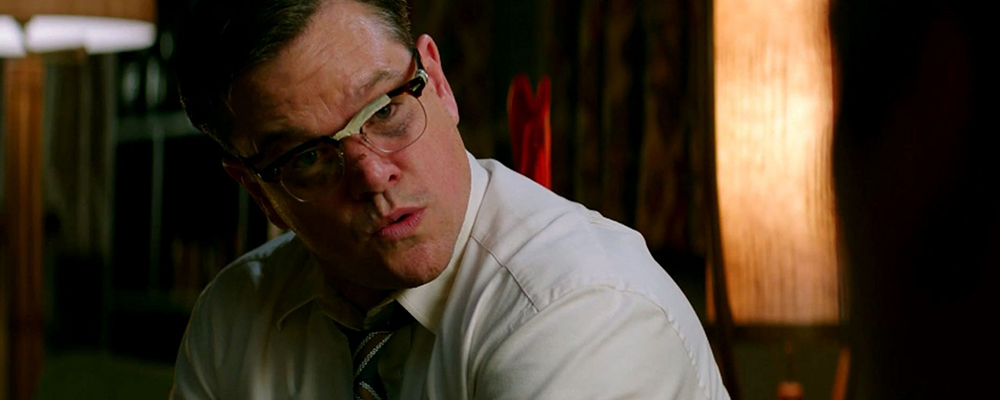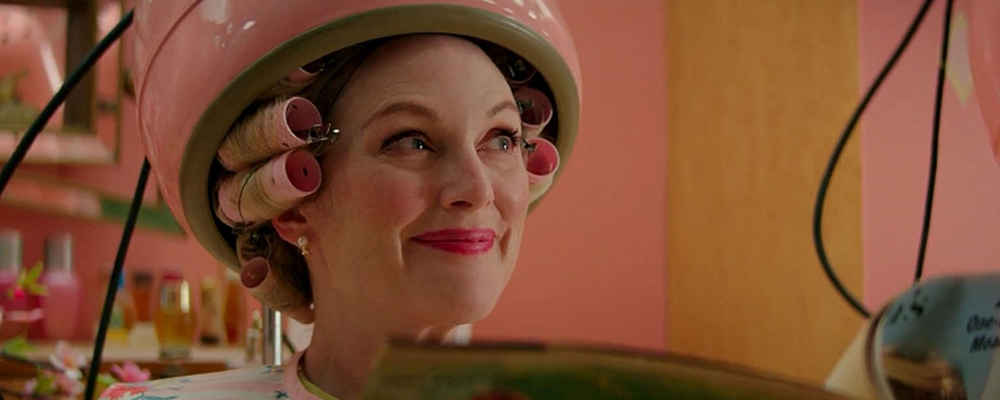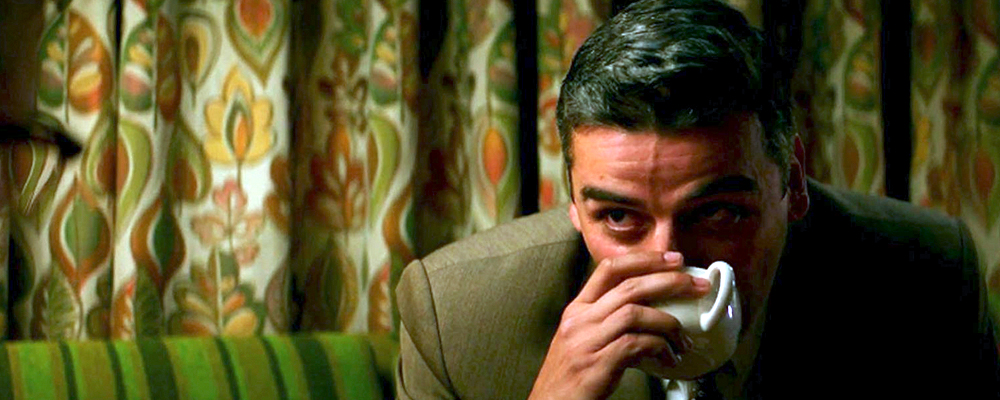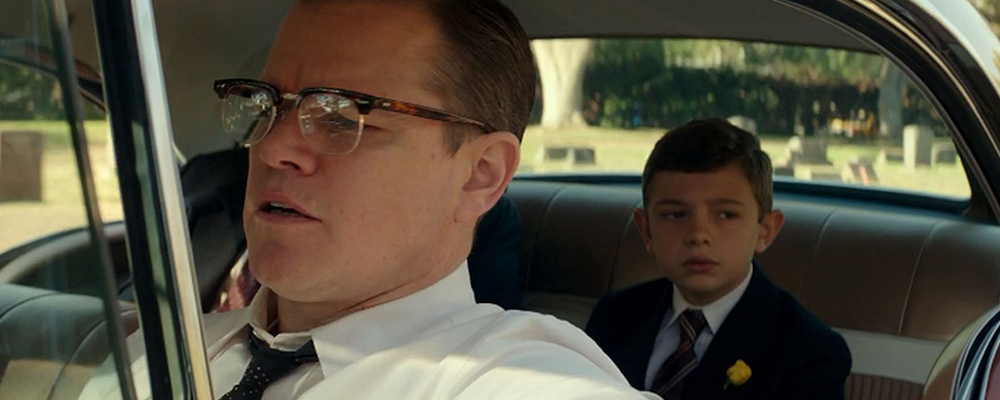‘Suburbicon’ Is a Mixed but Wildly Interesting Romp
Alci Rengifo
Beneath the American Dream there was always the American Nightmare. George Clooney senses this and tries to tackle the darker side of America in “Suburbicon,” a film that clumsily combines suspense and satire but succeeds in merely being entertaining. The effort has heart, but one senses that Clooney weakens his effect by playing it safe. He wants to be a vicious social critic, but not too vicious, he wants to satirize the Norman Rockwell fantasy of 1950s America but with a post-modern subtlety. Clooney is but a mere liberal after all, a key distinction from a radical, but his previous efforts still carried a fire missing here. Yet despite its flaws this new film bristles with some biting humor, visual elegance and hilarious insights into the nature of American manners.
A storybook in the film’s opening introduces us to Suburbicon, a fictitious suburbia that features every conceivable stereotype of post-war, middle class American life. The houses have white picket fences, neighbors bake apple cobbler for new arrivals, church-going on Sunday is routine, and the town panics when an African American family moves in. The year is 1959, and Gardner Lodge (Matt Damon) is the quintessential 50s office man, presiding over what seems to be a well-rounded family including his wife and her sister Margaret (both played by Julianne Moore) and their son Nicky (Noah Jupe). A late night home invasion by thugs ends in the tragic death of Lodge’s wife, and as the days pass it seems he and his sister-in-law Margaret are getting suspiciously closer, and the break-in might not be as random as it seemed. Meanwhile the town spirals into unrest over the new black neighbors.
“Suburbicon” opens with the spirit of wicked satire, evoking the kind of breezy plasticity of “Pleasantville.” Everything looks too perfect, and smiles are rictuses of deceit. But for whatever reason Clooney decides to then play the movie straight. The screenplay was written by Joel and Ethan Coen, who are no strangers to the quirks and darker passions that lie beneath American daydreams. It could be that Clooney is simply not adept at capturing the Coens’ brand of offbeat humor, his own best work such as “The Ides of March” and the superb “Good Night, and Good Luck,” are serious, reflective political dramas. Indeed the script also had writing done by Clooney himself and Grant Heslov. Since the days of Petronius, satire has required a devilish glee at shredding social norms and mocking uptight manners. With “Suburbicon,” Clooney can’t seem to decide if he wants to simply evoke the noirs of the 1950s, or satirize American culture through their style.
There are moments of deliciously acidic satire such as when the local police chief assumes Lodge is Jewish because of his last name, or when local residents try to drive out the new black neighbors by making noise outside their house and sing hymns. But then Clooney recedes into the safety of a regular melodrama, with a plot that is surely entertaining, but is simply that. The most effective scenes in terms of social commentary come when the locals riot over the black family, and the boiling prejudices beneath the American dream are laid bare. Someone manages to evade the police and hang a confederate flag on the family’s home. The rest of the plot feels like a separate movie about illicit affairs and shady decisions made over money, but it must be said it’s not boring. Clooney builds the film up to a bloody crescendo full of fire and fury. You get the sense that if Clooney keeps practicing, he might eventually make a really blistering satire if he focuses on one bold topic or issue- and if he stops playing it so straight and lets loose with the kind of go for broke, mocking laughter great satire requires. The first scenes have this spirit and he should have kept it till the end.
The film is notable for its impressive technical aspects. The music by Alexandre Desplat is a gorgeous revival of the sweeping sound of 50s melodramas by directors like Douglas Sirk. The cinematography by Robert Elswit (There Will Be Blood) is beautifully picturesque. He frames scenes in the vivid colors and tones that define the era. There are shots reminiscent of classic films like “In Cold Blood” or “Written in the Wind.” Julianne Moore is particularly lit like a studio era Venus, and there are reminders here of her work in Todd Haynes’s vastly superior riff on 1950s melodrama “Far from Heaven.”
It is in aesthetic that Clooney succeeds in getting a clearer idea across, that beneath all of the color and middle class language of the 50s, the country still harbored a dark psyche. Clooney is good at analyzing the fakery of American politeness, the way we pretend to be nice all the time, the way stern parental attitudes are sometimes masks for authoritarianism. It isn’t a theme just for the 1950s when you consider how the era of Obama suddenly led into the age of The Donald. Story elements like these help “Suburbicon” slightly overcome its faults.
Clooney also manages to get some fun performances out of his cast. Damon is again the weakling pretending to be ruthless, Moore is pitch-perfect as a 50s schemer masked as a ditz. “Suburbicon” wants to be too many movies in one, but the effort is admirable.
“Suburbicon” opens in theaters on Oct. 27.

